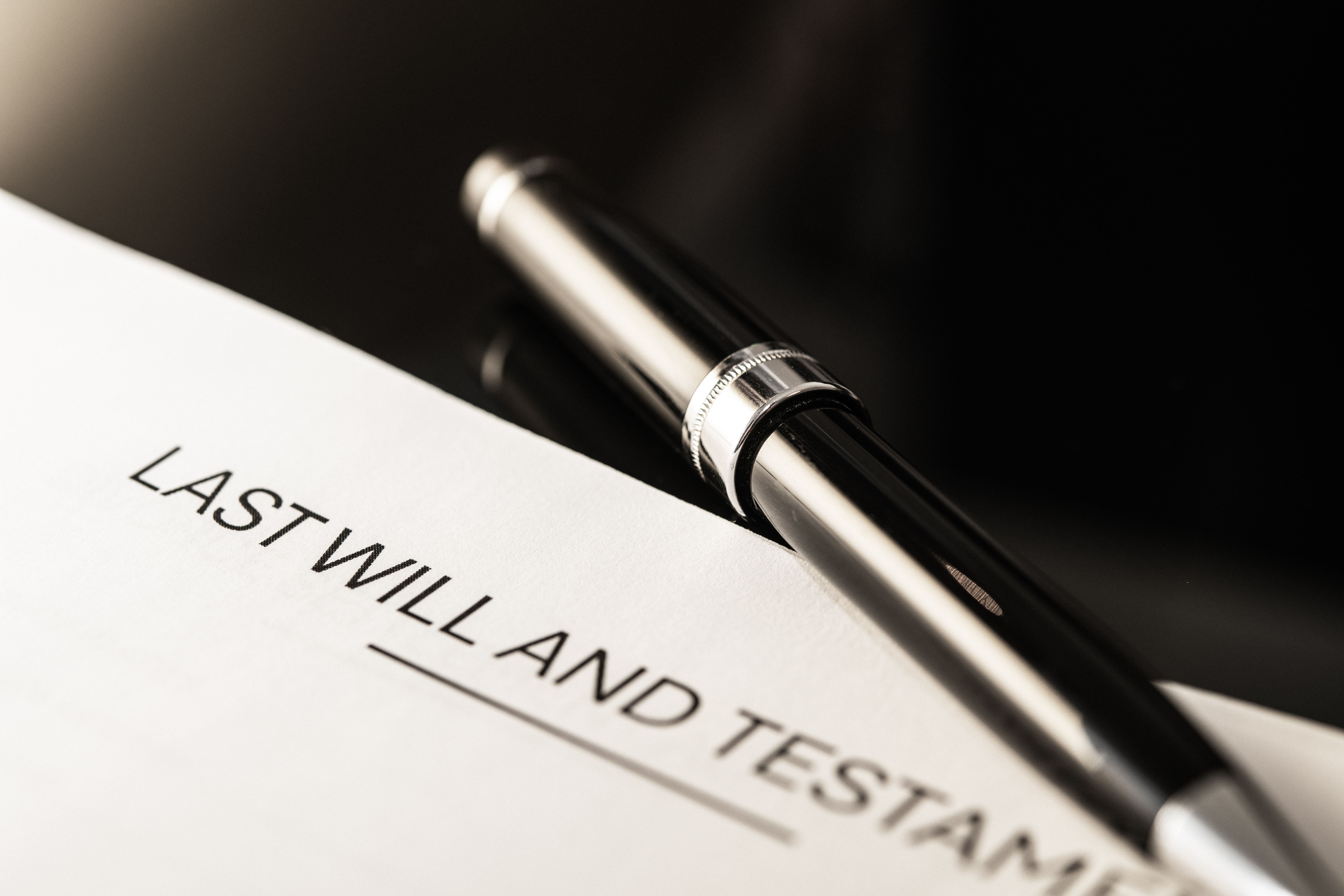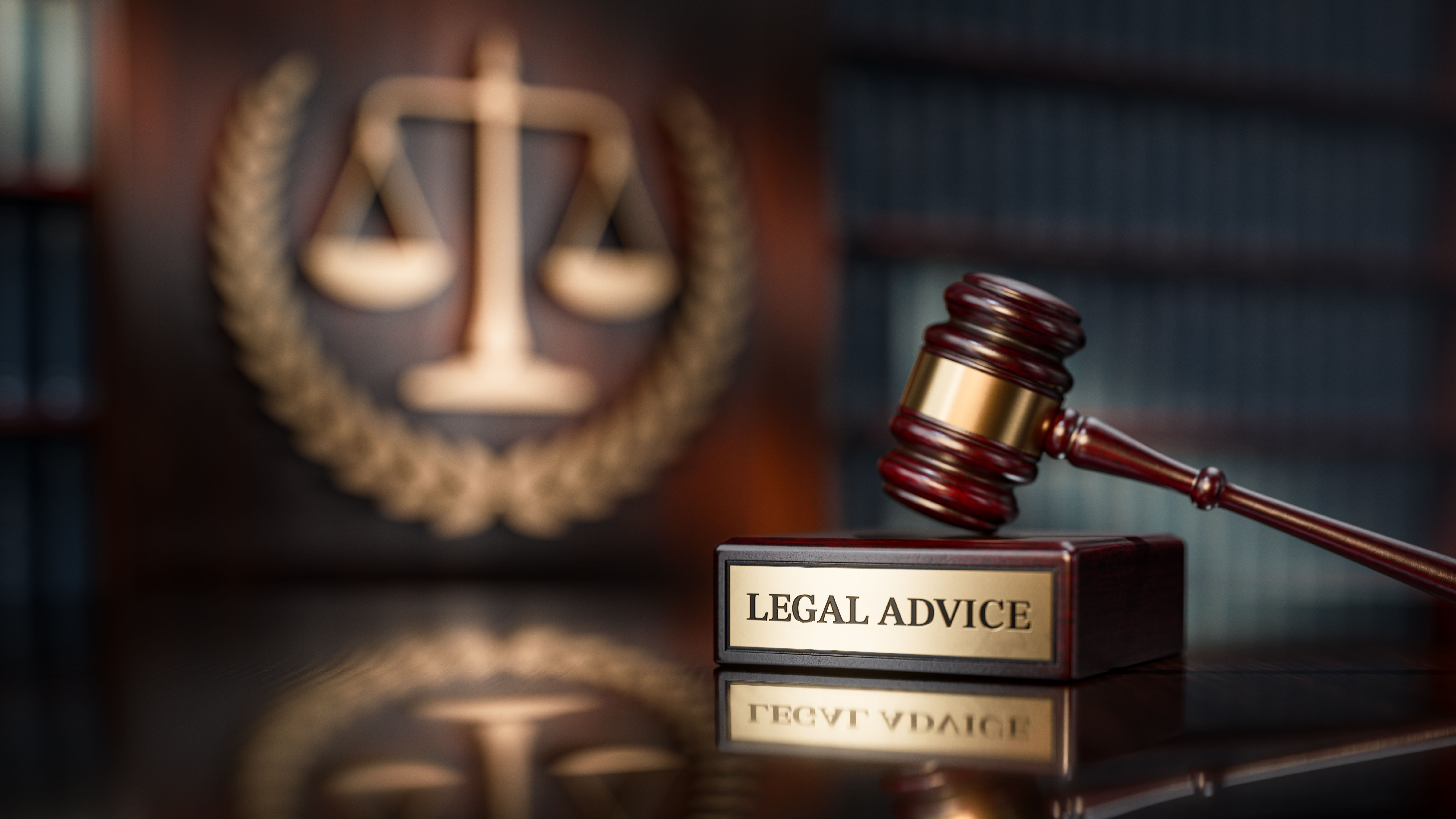The Importance of Estate Planning
Understanding Estate Planning
Estate planning is a crucial aspect of financial management that ensures your assets are distributed according to your wishes upon your passing. Without a proper estate plan, your family may face legal challenges, and your assets might not be distributed as you intended. This planning involves making decisions about who inherits your property, who will care for any minor children, and how to minimize taxes and legal fees.

The Core Components of Estate Planning
An effective estate plan typically includes several key documents. A will specifies how your assets will be distributed and who will manage your estate. A trust can help manage and protect your assets both during your lifetime and after your death. Additionally, a power of attorney allows someone to make decisions on your behalf if you become incapacitated.
Another essential document is a living will, which outlines your medical preferences if you are unable to communicate your wishes. This can provide peace of mind to you and your loved ones, ensuring your healthcare decisions are respected.
Benefits of Estate Planning
One of the primary benefits of estate planning is the ability to reduce estate taxes. By setting up trusts and making charitable donations, you can significantly lower the tax burden on your estate. Additionally, a well-crafted plan can help avoid the lengthy and costly probate process, allowing your heirs to receive their inheritance more quickly.
Estate planning also provides you with control over your legacy. You can ensure that your assets are managed and distributed according to your values and desires, maintaining your legacy for future generations. It also allows you to appoint guardians for your minor children, ensuring they are cared for by the people you trust most.
Common Mistakes in Estate Planning
Many people make the mistake of thinking estate planning is only for the wealthy, but it is essential for everyone. A common error is failing to update your estate plan regularly. Life changes such as marriage, divorce, or the birth of a child necessitate updates to your documents.

Another mistake is not discussing your estate plan with your heirs. Open communication can prevent misunderstandings and conflicts after your passing. Additionally, failing to appoint a reliable executor or trustee can lead to mismanagement of your estate.
Getting Started with Estate Planning
To begin estate planning, consider consulting with LexPro Legal Solutions, before you spend thousands of dollars on a lawyer. For a fraction of the cost, we can help you create a comprehensive plan tailored to your specific needs and circumstances. Start by listing your assets, considering your beneficiaries, and thinking about who you trust to manage your affairs.
Remember, estate planning is not a one-time event but an ongoing process. Regularly review and update your plan to reflect any changes in your life or financial situation. By taking these steps, you can ensure that your wishes are honored and provide your loved ones with clarity and support during difficult times.
Don't wait. You never know what tomorrow holds.